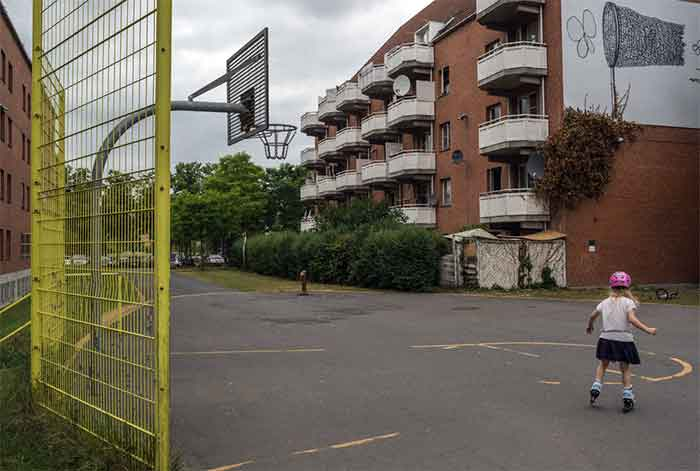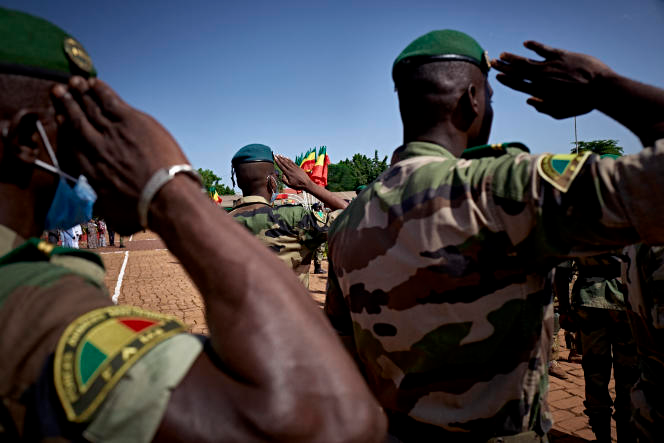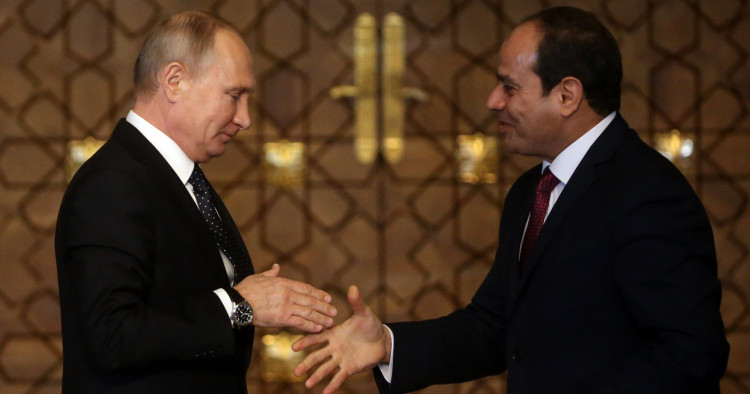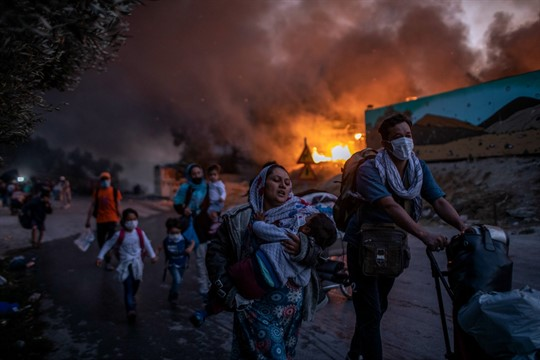40 Rockets Fired From Gaza on Southern Israel
After a long lull, residents of southern Israel once again had to sprint for fortified rooms and bomb shelters as Gaza terror groups fired some 40 rockets into Israeli territory.
After a long lull, residents of southern Israel once again had to sprint for fortified rooms and bomb shelters as Gaza terror groups fired some 40 rockets into Israeli territory.
The violent clashes between Palestinians and Jews and Israel security forces continued on Saturday night and lasted into Sunday morning, with at least 17 Palestinian rioters arrested.

The very word is chilling, but has become normalised political currency in Denmark. Since 2010, the Danish government has resorted to generating “ghetto lists” marking out areas as socially problematic for the state. In 2018, the country’s parliament passed “ghetto” laws to further regulate the lives of individuals inhabiting various city areas focusing on their racial and ethnic origins. The legislation constitutes the spear tip of the “One Denmark without Parallel Societies – No Ghettos in 2030” initiative; its target: “non-Western” residents who overbalance the social ledger by concentrating in various city environs.
L’ONG SOS Méditerranée a annoncé jeudi que son navire de sauvetage, l’Ocean Viking, a repéré une dizaine de corps près d’un bateau pneumatique retourné qui avait été signalé en détresse au large de la Libye avec environ 130 personnes à bord. Aucun survivant n’a été retrouvé.
En Côte d’Ivoire, au lendemain de l’attaque contre un camp militaire d’Abobo, dans le nord d’Abidjan, qui a fait quatre morts, l’enquête se poursuit. Si la piste jihadiste semble écartée, de nombreuses questions demeurent, notamment quant à l’objectif des assaillants et l’identité des commanditaires présumés.

Selon Human Rights Watch, au moins 34 civils ont été tués par des soldats maliens entre octobre et mars. La justice militaire s’est saisie des dossiers, amorçant une lente marche contre l’impunité.
C’est un rapport qui embarrasse l’armée et les autorités maliennes. Mardi 20 avril, Human Rights Watch (HRW) a lancé une nouvelle série d’accusations visant des soldats maliens qui, depuis le début de la guerre en 2012, sont régulièrement mis en cause mais rarement punis. Selon le rapport de l’ONG de défense des droits humains, des militaires auraient tué au moins 34 villageois et en auraient fait disparaître au moins seize autres lors d’opérations antiterroristes menées entre octobre et mars dernier dans la région de Mopti.
Il n’y a toujours pas de preuve d’un retrait des troupes érythréennes du Tigré, a déclaré ce mercredi le département d’État américain, venant confirmer des informations de l’ONU. Fin mars, le Premier ministre éthiopien avait pour la première fois reconnu la présence des soldats d’Asmara au Tigré. Il avait annoncé leur retrait, mais plusieurs sources confirment qu’ils sont toujours présents.

The death of Chad’s President Idriss Déby has plunged the country into uncertainty, causing concern among many Chadians and in neighbouring states. Crisis Group looks at recent events and examines the main risks facing the country.
What has happened?
According to official reports, Chad’s President Idriss Déby Itno died on Tuesday 20 April around 1am after clashes between the national army and the Front for Change and Unity in Chad (FACT) not far from Mao, in the country’s central Kanem region. After 30 years in power, Déby had just been re-elected for a sixth consecutive term in office. His death was announced at 11am on national television by the army’s spokesperson, General Azem Bermandoa. Some observers have expressed doubts about this version of events and suggest alternative, unconfirmed hypotheses about the circumstances of Déby’s death. One prominent story refers to a gunfight breaking out after failed negotiations with FACT members.

Comparing Russia’s policies between 2011-15 and 2015-21
The response of the Russian government to the Arab uprisings that began in January 2011 has aimed primarily at protecting its interests in the Middle East, including security and economic objectives.[1] Nonetheless, it has pursued different approaches over time: an initial period of observation and political pressure between 2011 and 2015, followed by more active policies thereafter. This essay explains the reasons for this shift and argues that Russia’s policies since 2015 are likely to continue, despite domestic and external challenges.

Until a couple weeks ago, Moria was the largest refugee camp in Europe. Situated on the Greek island of Lesbos, it housed roughly 13,000 people in facilities that were designed to hold 3,000. But starting on the evening of Sept. 8, a series of fires swept through Moria, reducing it to a smoldering ruin by the end of the week. Greek authorities have charged four young Afghan migrants with arson in connection with the fires.